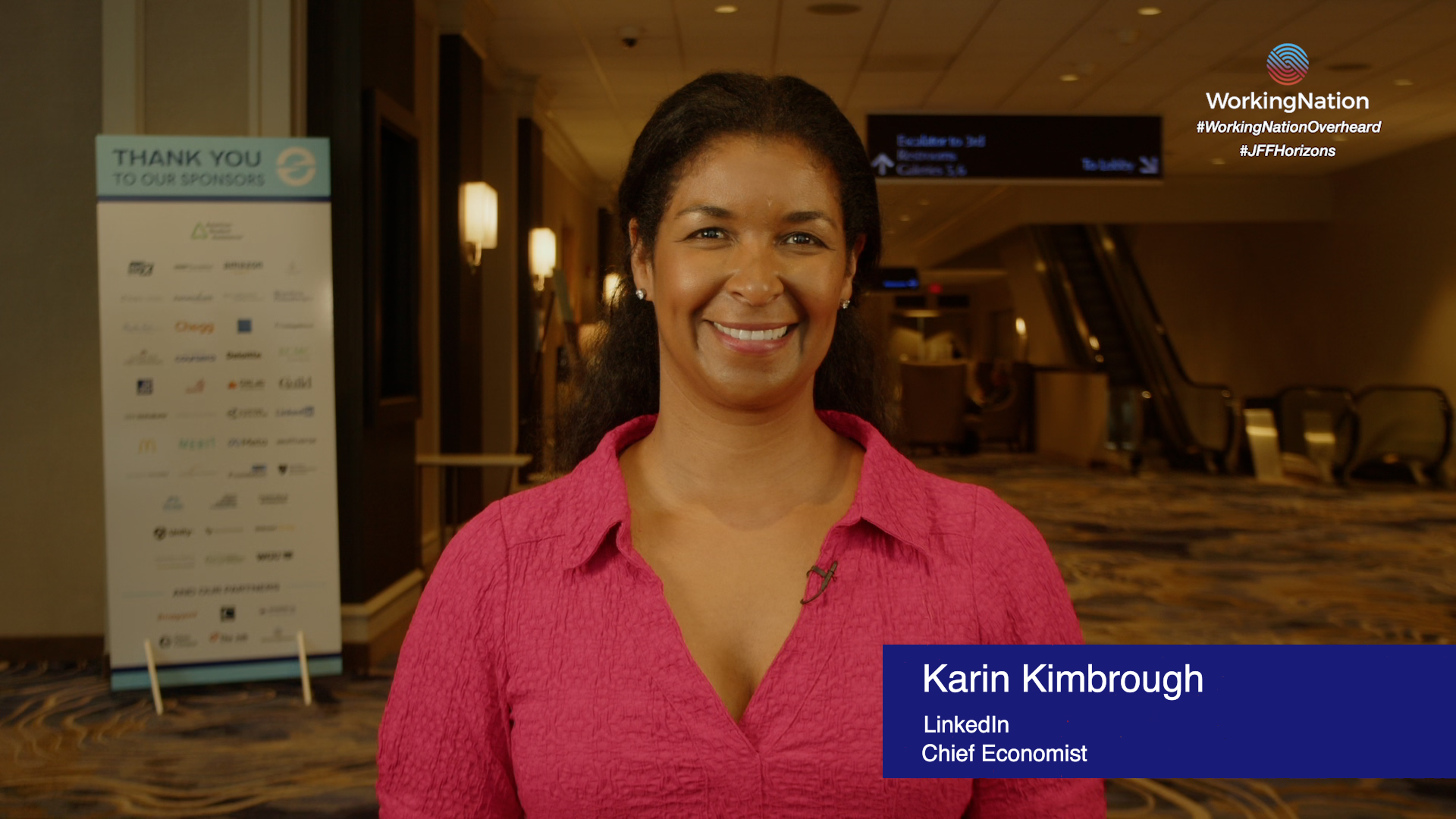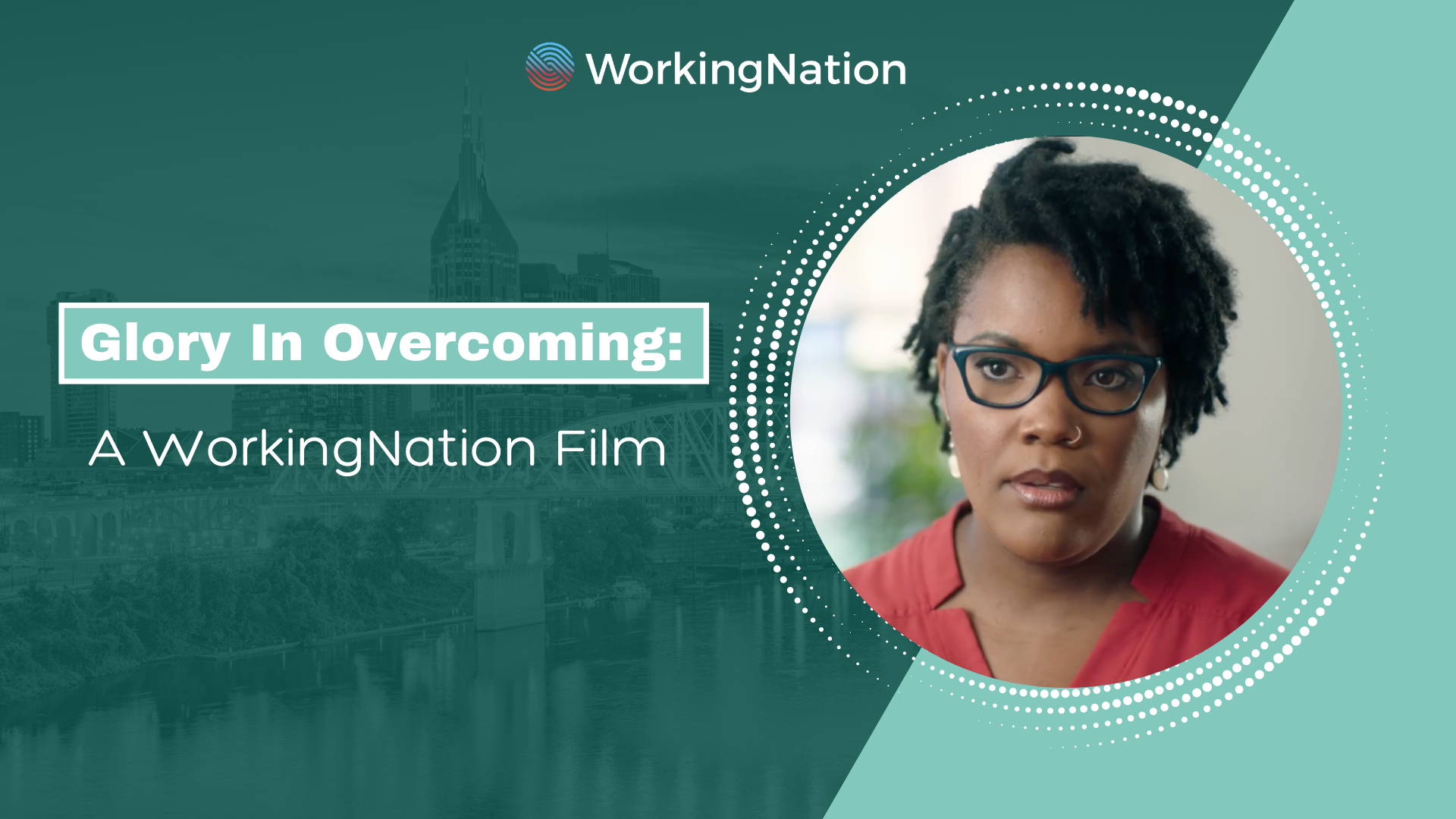Artificial intelligence and machine learning are driving growth in computer and information technology jobs. So much so, the number of jobs connected to IT is expected to grow by 12 percent — faster than the average for all occupations — over the 10 years from 2018 to 2028, according to the Labor Department’s Bureau of Labor Statistics. That is expected to add more than 546,000 new jobs to the economy.
IT work pays well. On average, people working in the field make about $86,320 a year, which is more than twice the national annual average for all occupations.
That’s the average. There are plenty of cities in which the average salary is much higher.
The best-paying cities
Silicon Valley has certainly solidified itself as the obvious hub of tech and innovation, so it is not surprising that in a new study, the San Francisco Bay area is the best-paying city for people working in the field at $134,781 a year.
Technology company Kisi analyzed data from the U.S. Bureau of Labor Statistics, specifically looking at jobs such as computer and information research scientists, network architects, programmers, systems analysts, security analysts, web developers, and software developers.
The study compared 30 in-demand and up-and-coming U.S. cities in the IT industry, job openings, and evaluating a city’s “livability” to develop The 2020 Best U.S. Cities for IT Professionals.
San Francisco, Sacramento, and Los Angeles rank first, second and fourth, respectively, for IT manager salaries.
“Two factors arguably account for these higher salary brackets: One, the cost of living in these cities is higher in general, and two, companies need to offer higher salaries to attract the best employees away from their competitors,” says Bernhard Mehl, CEO and co-founder of Kisi.
Good pay + other factors = livability
The study breaks down average pay for positions as IT managers and IT directors, and the factors that contribute to the “livability” of a city. Those include job growth, cost of living, purchasing power, work-life balance, and how favorable of an environment the city is for startups. While San Francisco may pay the most, Austin earned the top ranking for cities for IT professionals overall.
“Austin may not seem as much of an obvious choice as San Francisco, for example, but our research looked not only at where IT jobs were available but also the affordability of each city. In this way, our results show not only the best cities to find work, but also the cities where your expected income gives you the highest level of purchasing power, which arguably equates to a more comfortable life,” Mehl says.
“In addition, Austin presented the highest Yearly Employment Growth. This growth includes the IT sector as well as the wider professional ecosystem, all of which support one another.”
In both rankings, New York City, Washington, D.C., and Seattle were also among the top five.
You can work remotely, too
In some cases, the best city to work may be your own city.
One of the aspects more and more industry professionals appreciate about these roles is that as long as there is internet access and appropriate security measures, they’re jobs you don’t have to be chained to a desk to do. Remote working is a perk that is quickly becoming a norm. Mehl says the results of this study could look very different in the future.
“As the study considered living costs in each city, it assumed the employee would not work remotely. With this in mind, the practice of remote working would not directly impact these results. However, remote working could impact the study indirectly if epicenters for IT work, such as San Francisco, begin to hire more remote workers, meaning fewer people in the city proper contributing to its economy or vying for rented accommodation,” he says.
“This practice could have benefits for some cities and negatives for others. We are very interested to see how remote working, and other practices, effect these results in future.”
Related Articles:
Building a tech talent pipeline
Google, AI, and a free up-skilling program











